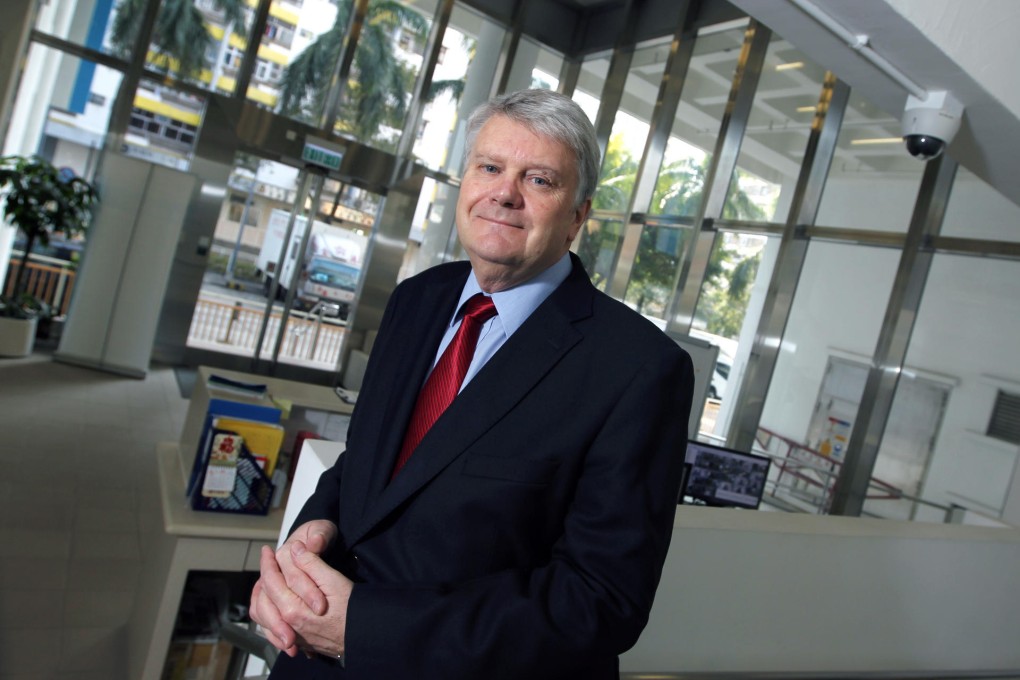Academy helps students overcome the challenges of being gifted
Gifted students in Hong Kong face challenges, but one organisation is working to ensure that they fulfil their potential, writes Linda Yeung

Gabriel Wong Chun-hui has had opportunities that many teenagers would envy - he has dabbled in the cultivation of stem cells at a university laboratory and joined international youth events. The reason is simple: he has been identified as a gifted student and nominated by his school and the Hong Kong Academy for Gifted Education for enrichment activities within and outside Hong Kong.
Before he joined the academy, the Secondary Four student was more drawn to mathematics and languages. He passed the Cambridge English Flyers test when he was in Primary One. Since joining the academy, he has been exposed to advanced science courses, which have fuelled his interest in the discipline.
Surely, every child is entitled to a curriculum that suits their needs
"I want to be a science researcher," he says. "In school we do not go into much depth in terms of knowledge content. We are only taught about the surface of things, but not so much the reasons behind things."
Although he enjoys school life, he now favours off-site programmes that satisfy his curiosity and allow him to meet other teenagers with comparable intellectual abilities. "At school, I don't get to discuss things with fellow students at the same level, or meet students with as much passion for learning," says Chun-hui, who was also chosen as the best all-round student by his school.
He is probably luckier than many gifted youths in Hong Kong. Not all schools devote as much attention to encouraging exceptionally bright students. La Salle College, where Chun-hui has been studying since Primary One, encourages students to sign up for enrichment events, such as the Space Museum's young astronaut training camp that takes 30 secondary school students to Beijing and Jiuquan during the summer. Chun-hui was selected to join the expedition by his school when he was in Form Two. Last December, he and six other local students took a total of five gold medals and four silver medals at the International Junior Science Olympiad held in India.
Myths surround the education of gifted children, and there is a lack of a long-term policy on nurturing future talent, according to Dr Stephen Tommis, the outgoing executive director of the academy. Since its establishment six years ago, the academy has been at the forefront of providing support and training for talented youths, teachers and parents.